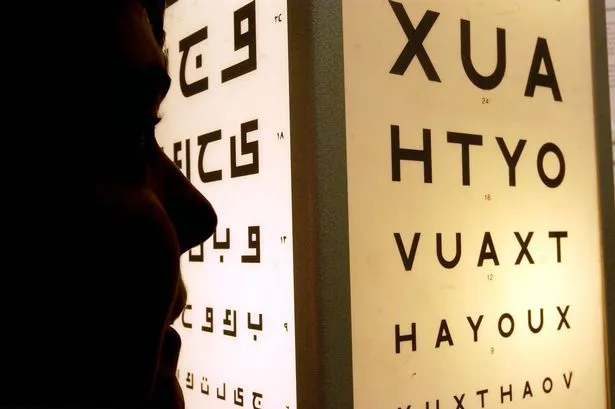Your cart is currently empty!
New eye screenings for people with diabetes could help prevent sight loss

New Eye Screenings for Diabetes Patients Aim to Prevent Sight Loss
A new initiative to introduce advanced eye screenings for individuals with diabetes aims to combat sight loss, as reported by the Daily Record. The program, recently announced by the NHS in England, is set to offer digital eye scans in more convenient locations such as selected GP surgeries, community hospitals, and mobile units across the country. By making screenings more accessible, the initiative could potentially save up to 120,000 hospital appointments yearly, providing crucial early detection for diabetic eye conditions outside traditional hospital settings. The move is expected to relieve pressure on hospital services, particularly within the field of ophthalmology, which currently contributes significantly to NHS waiting lists.
Steve Russell, the NHS national director for vaccinations and screening, expressed enthusiasm for the expanded access to advanced eye scans. By detecting and treating diabetic eye conditions early, the technology can help minimise and prevent sight loss, in addition to saving thousands of hospital appointments. Diabetic retinopathy, a serious condition resulting from high blood sugar levels damaging the retina, poses a significant risk to individuals with diabetes. However, regular eye screenings can identify issues at an early stage, enabling timely intervention to prevent blindness.
Nearly four million individuals are on the NHS diabetic eye screening register, with about 3.3 million undergoing digital screenings biennially. As part of the initiative, around 60,000 at-risk patients are expected to undergo Optical Coherence Tomography (OCT) tests for detecting signs of diabetic retinopathy. Previously, less than a third of services offered OCT, but by October, all eye care units are projected to utilise this advanced technology. OCT provides more precise detections than standard imaging, offering a 3D visual that can identify changes not visible in regular photos.
Care Minister Stephen Kinnock highlighted the positive impact of the program in giving diabetes patients reassurance and reducing the strain on hospital appointments, aligning with broader efforts to shift care from hospitals to the community. Through initiatives like these, the NHS aims to build a sustainable healthcare system that meets the needs of all patients.
In summary, the new digital eye screening initiative for diabetes patients represents a significant step towards preventing sight loss and improving healthcare accessibility. By utilising advanced technologies and expanding screening locations, the program not only focuses on early detection and treatment but also supports the overarching goal of transforming healthcare delivery to better serve the community.
